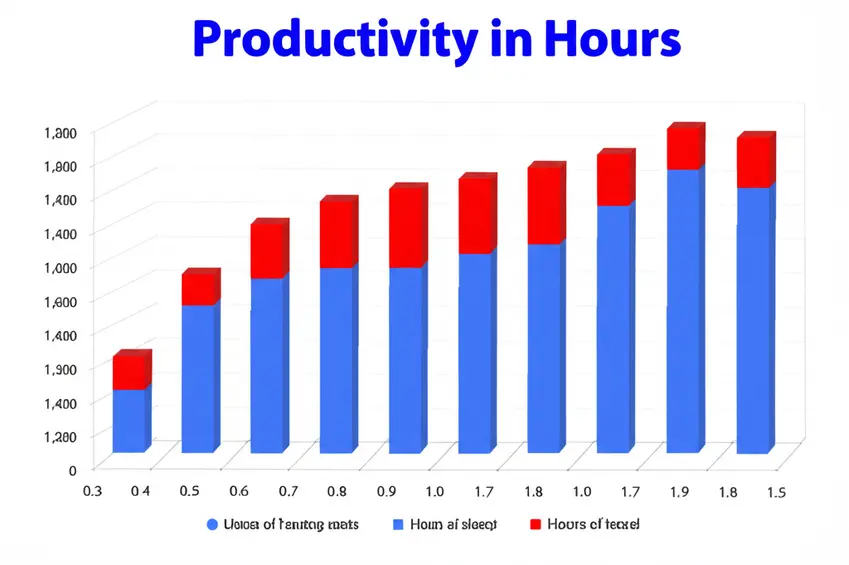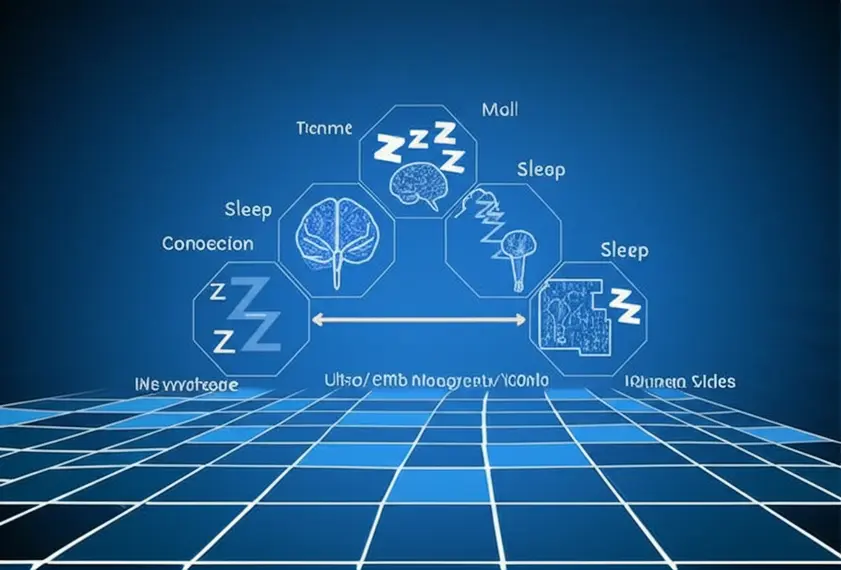Why Sleep is Crucial for Mental Health and Productivity
Sleep and Its Role in Mental Health
Sleep is not just a luxury; it’s a vital component of our overall health, especially mental health. During sleep, our brain processes memories and emotions, resulting in improved emotional stability. When we get enough sleep, we wake up refreshed and ready to tackle the challenges of the day. On the other hand, insufficient sleep can lead to irritability and anxiety.
- When you’re tired, it’s harder to manage stress.
- Sleep deprivation can exacerbate mood disorders.
- Quality sleep can enhance resilience against mental health issues.
In essence, a good night’s sleep acts as a natural antidepressant, promoting a balanced mood.
How Sleep Affects Productivity
Have you ever tried focusing on a task when you haven’t had enough sleep? It’s like trying to walk in quicksand. Your brain struggles to maintain focus, leading to decreased productivity.
- Sleep enhances cognitive functions like attention, problem-solving, and decision-making.
- A well-rested mind can retain information better.
- Good sleep promotes creativity and innovative thinking.
When you prioritize sleep, you empower your mind, and as a result, your productivity levels can soar!
Sleep Deprivation and Mental Disorders
The link between sleep deprivation and mental disorders is well-established. Chronic sleep deprivation can increase the risk of developing conditions such as anxiety and depression. This is due to the negative impact of lack of sleep on our stress hormone levels and neurotransmitters.
- Inadequate sleep can trigger mood swings.
- It can heighten the symptoms of existing mental health disorders.
- Sleep plays a crucial role in emotional regulation.
Thus, ensuring adequate sleep can be a fundamental step towards mental wellness.
The Science Behind Sleep and the Brain
Ever wondered what happens in your brain while you sleep? It’s a fascinating process that includes various stages, each serving its purpose. During the REM (Rapid Eye Movement) stage, your brain is most active, processing information and making connections.
- Deep sleep helps restore body and mind.
- REM sleep fosters creativity and learning.
- Sleep cycles are essential for good mental health.
This intricate process underscores the importance of not only how long you sleep but also the quality of your sleep.
Strategies for Better Sleep
Improving sleep quality doesn’t have to be complicated! Here are some simple strategies that can significantly enhance your ability to sleep well.
- Establishing a consistent sleep schedule is key.
- Create a calming bedtime routine to signal your body it’s time to wind down.
- Limit exposure to screens before bed.
By creating a favorable sleep environment and practices, you can dramatically improve both mental health and productivity.






